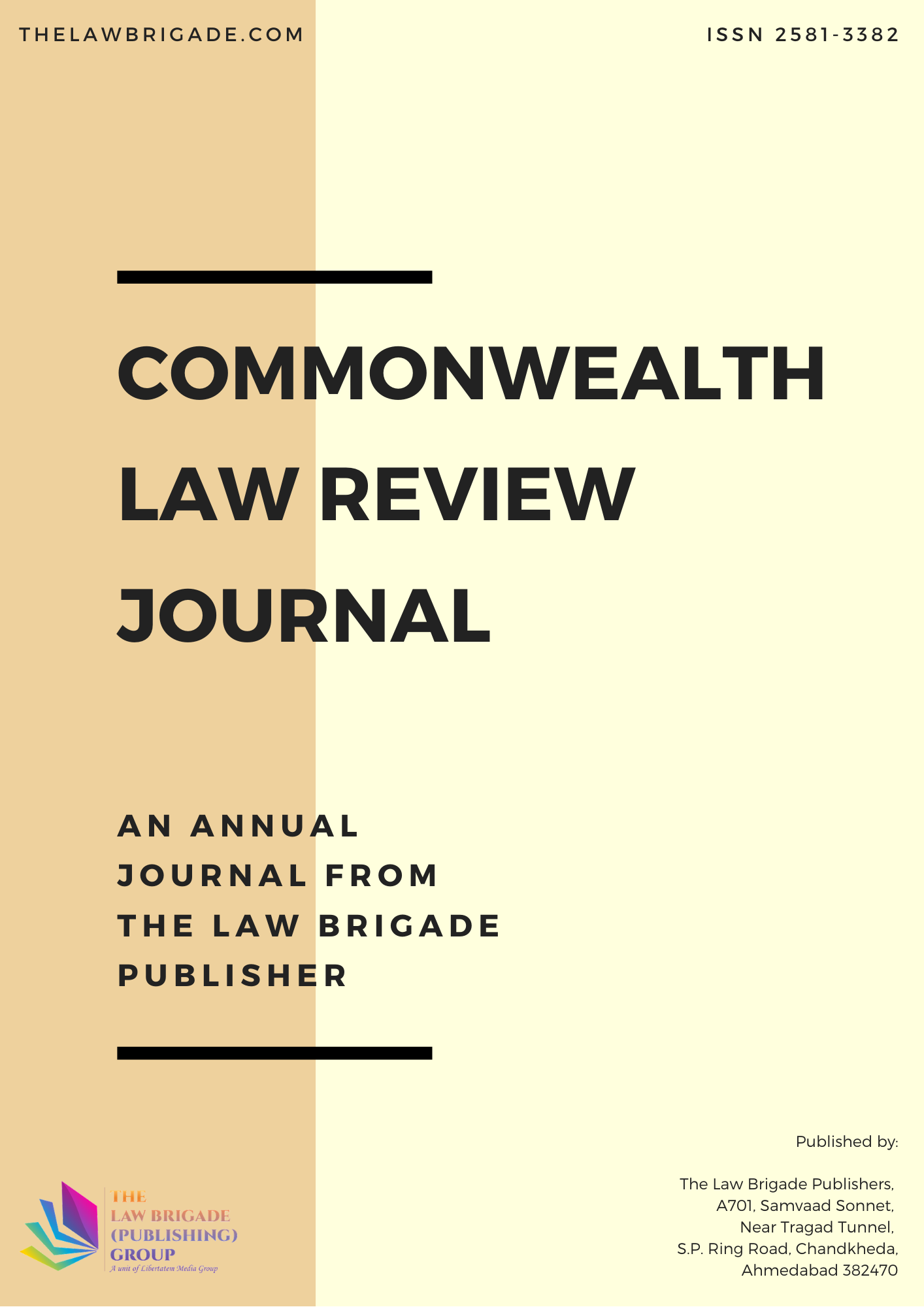This paper evaluates the enforcement of informal sector taxation. It shall focus on the self-employed and Small and Medium-Scale Enterprises (SMEs) in order to expand revenue base in Nigeria. It attempts to answer the main question – how to bring into tax net, the hithertho untapped segment, called ‘’informal sector economy’’. Taxation sensitization of informal sector is of recent origin in consonance with the current wave of revenue mobilization and maximization.[i] It has important potentials to achieve optimum tax collection as additional source necessary to argument government revenue to fund development projects, infra-structural rehabilitation and enhancement of economic growth. This paper articulates measures necessary to effectively bring informal sector participants into taxation ambit. To achieve this, the study employs doctrinal research – library-based analysis utilizing the primary and secondary sources of tax law and information. The primary sources of taxation law are the constitution, statutes and tax law reports. The secondary sources include textbooks, journal articles, policy statements and legal sources in internet.
The institutional frameworks necessary for development of informal sector taxation, the strategies necessary to achieve tax compliance such as lowering the costs, strengthening incentives are presently in its embryonic stage. The formalization of registration of all the Trade Unions and Works/Occupations-Related-Associations to facilitate the collection of taxes from this informal sector, is necessary.[ii] The functionality of the Revenue Courts for enforcements of this presumptive-informal-tax regime is also necessary. In this paper, discussions are centered on three categories of informal sectors viz: informal sector of self-employed traders and small and medium scale enterprises (SMEs) on one hand, the community levies on the second part and the incomes of the ecclesiastical authorities and their employees on the third part and how to bring all of them into tax net. The paper concludes with eradication of challenges of corruption, lack of observance of rule of law and the troubles involved in collection processes in informal sector, make it very expensive to collect. It is not-costs-effective. The proposal for reform is centred on the formalization of registration of all the Trade Unions and Works-Occupations-Related-Associations, the use of its membership registers/diaries of events to facilitate the collection of taxes in the urban towns, rural communities and the conferment of percuniary-reciprocal-benefits to the taxpayers-inhabitants-of that particular community/area/locality where higher quauntum of taxes, were collected. In this way tax-revenue would properly be utilized and be visibly seen to improve service delivery in many areas especially, in education, health-care services and entrepreneurship development programmes for the citizens
[i] Nigerian Bureau of Statistics Internal Revenue Generation Reports 2015.
[ii] See Appendix Rivers State Government of Nigeria Board of Internal Revenue Service (RVSG BIRS) Informal Sector Presumptive Tax Chart (ISPTC) Database





